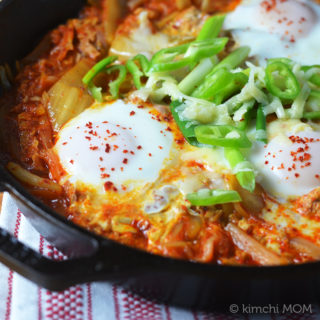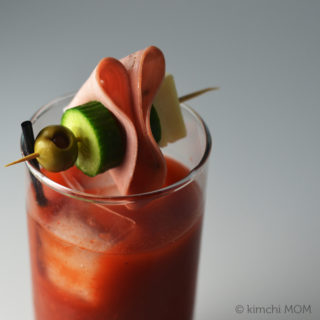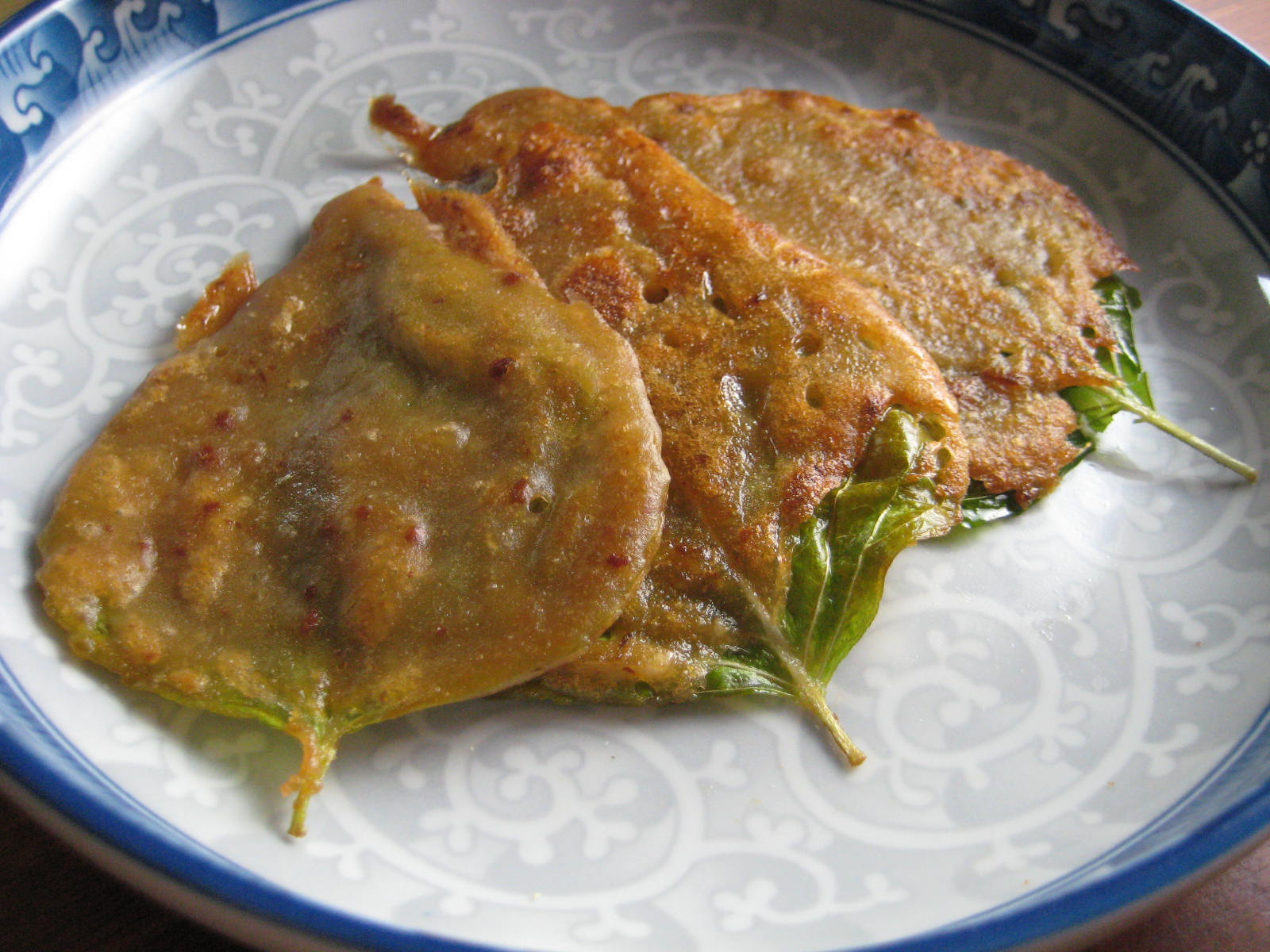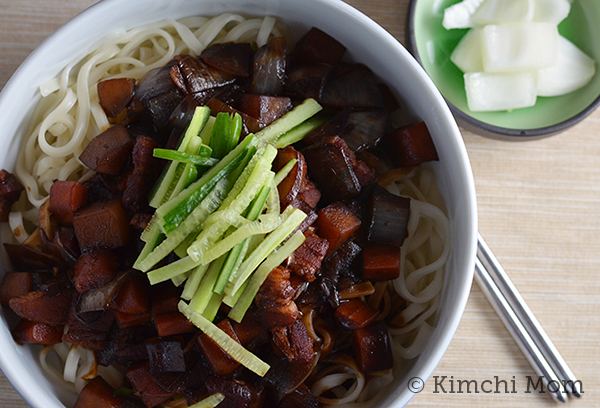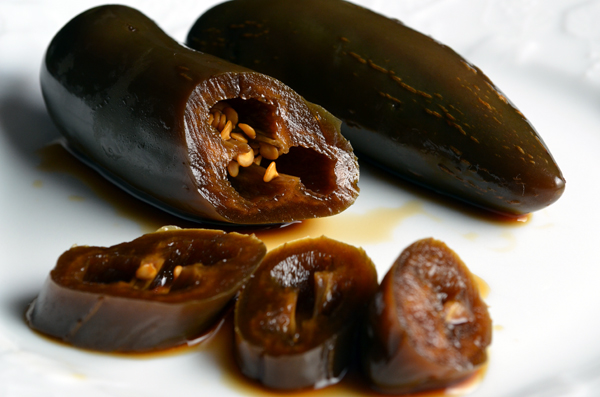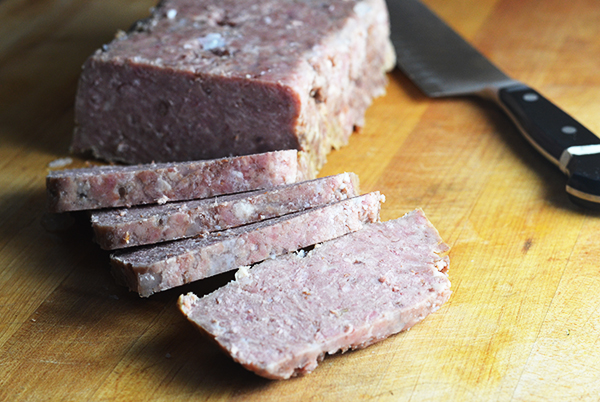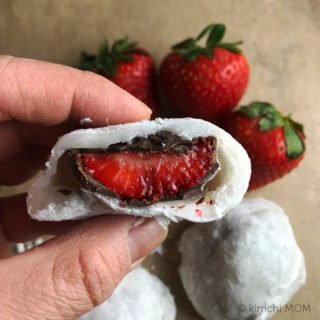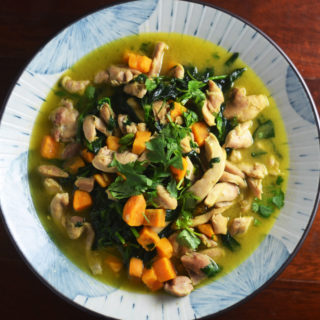
Today is Chuseok or Korean Thanksgiving. It is a major multi-day holiday in Korea and is typically celebrated on the 15th day of the 8th month of the lunar calendar (thank you Wikipedia). Honestly, I was never aware of this holiday while growing up as a result of my parent’s religious conviction that the ancestral worship and rituals that came along with the holiday just didn’t jive with their beliefs. I just wish they maintained the feast portion of the holiday! But as a result of abandoning Chuseok, my mom went and still goes ALL OUT for her adopted holiday – the American Thanksgiving.
I celebrated Chuseok ONCE in 1991 when I was visited my extended family in Korea. Everyone gathered at my grandfather’s older brother’s house in Seoul and the women prepared the harvest dinner all morning. I can’t recall what the men were doing, but probably drinking. I don’t remember all the rituals, but I do remember a shrine that was set up in another room for what I believe was for my great grandparents. A framed portrait was on a small lacquered low table and a table setting was laid out on the table with a complete piping hot meal. Everyone went in and bowed before the seat to give thanks and to “welcome” them to dinner before coming back into the main dining area where everyone waited and gathered. The food was plenty and it was mostly vegetables, but nonetheless it was filling and the eating was non-stop. I couldn’t believe this is what I missed out on all my life!
My parents did not let on any nostalgia for this holiday while I was a kid, but looking back I couldn’t imagine just abandoning a major holiday. It would be like me telling my kids, “Okay. No more Thanksgiving or Christmas from now on”. I would feel a part of me was missing. I would sorely miss the big family gathering and, of course, the food. Last year I decided not to roast a turkey and cooked braised short ribs for Thanksgiving. I didn’t think it would be a big deal, but I felt like I was committing some sacrilegious act (I was). Even after feasting on short ribs and all the side dishes, I still felt hungry and wanting more. I wanted to cry. I will never do that again.
Most of the dishes for Chuseok include the greens and vegetables harvested in late summer and Autumn in Korea. The emphasis is including food and ingredients from the new harvest. The quintessential dish is songpyeon, or small crescent-shaped rice cakes filled with sweet fillings. Hyosun at Korean Bapsang has a recipe for these little treats.
Jeon (pancakes) are also served using the various seasonal hobak. Hobak is the general term for squash in Korean. I have another hobak jun recipe on my website using zucchini. My aunt in Korea is making hobak jun for Chuseok today using a squash that is similar to our butternut squash.
Happy Chuseok!

Hobak Jun (butternut squash pancake)
Ingredients
- 1 small butternut squash about 2 pounds
- 1 cup flour
- 1 teaspoon salt
- 1 1/2 cups water
- 1 Tablespoon garlic powder optional
- cooking oil
Instructions
- Trim and peel the squash. Julienne or cut the squash into 2-inch long matchsticks. If you have a mandoline, please use it. It makes this task much easier!
- In a large bowl, toss together the squash, flour, salt, and garlic powder until the squash is well coated.

- Keep stirring the mixture as you add a little water at a time. You want the mixture to be just 'wet' with the 'batter' just coating the squash.

- Heat a few tablespoons of oil in a large non-stick skillet over medium heat. Scoop about 1 heaping cup of the mixture into the pan and spread it out so that it's a thin layer. If it's too thick, the middle may not cook all the way through. Cook until golden brown or about 4-6 minutes. Flip and cook the second side until golden brown or 3-4 minutes. Tip: be sure to flip the pancake away from you to prevent any hot oil splattering on you.
- Repeat step #3 with the remaining mixture.
- To serve, cut into 2-inch squares and with a dipping sauce made up of equal parts soy sauce and white vinegar.


